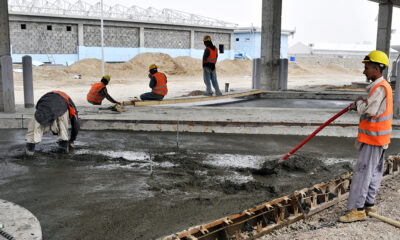Latest News
Afghanistan’s new media law sent to supreme leader for approval
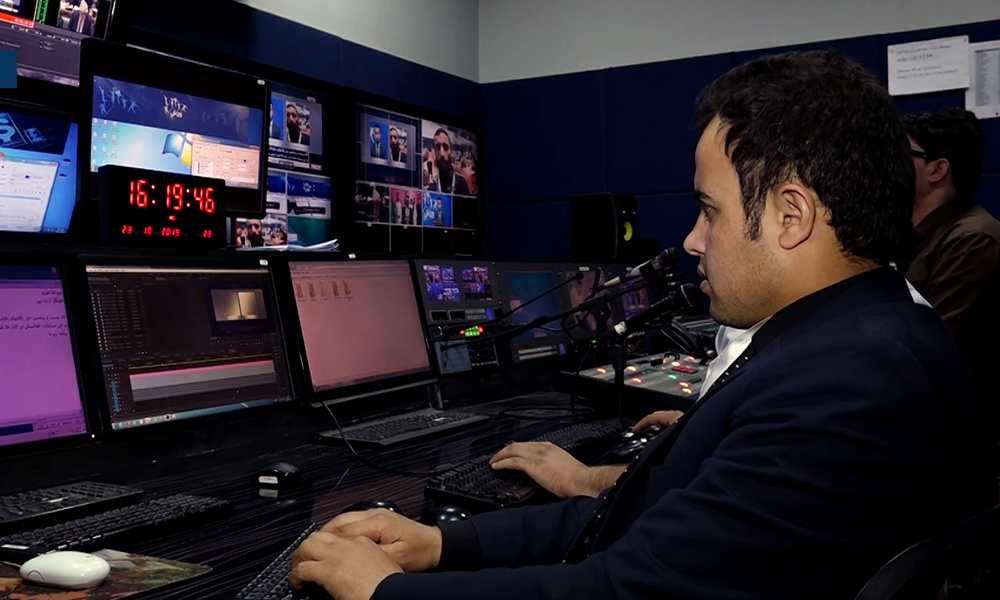
The Islamic Emirate’s spokesman Zabihullah Mujahid told ArianaNews on Friday that the country’s new draft media law was compiled and sent to the supreme leader for approval.
Mujahid emphasized that all media principles have been observed in this law.
He said that this law will be made available to all media outlets after its ratification in the next few days, and according to this law, all foreign and international media will be allowed to operate in Afghanistan, but on the condition of observing the internal laws of Afghanistan.
“The media law has reached the presence of the supreme leader and is under ratification, the law will be good, and after it is ratified, it will be available to the media, and all media principles have been observed in this law,” Mujahid told ArianaNews.
A number of organizations that support the media and journalists meanwhile say that the media law should be approved immediately because, according to them, dealing with the problems of the media and journalists in the absence of the law is facing many difficulties.
“Although it is said that there have been very small adjustments in this law, in any case, existence law of any kind is more important than the absence of a law for the Afghan media, and we expect that this law will be implemented in the promised time and that Afghan broadcasters will be able to continue broadcasting within the framework of a law,” said Hujatullah Mujadadi, a member of the Afghanistan National Journalists Union.
Simultaneously, some media workers see the approval of this law as a positive step towards obtaining accurate information and journalistic work, adding that the implementation of this law can be effective in solving journalistic problems.
“For two years, we journalists have been operating in Afghanistan without any law, which unfortunately has made our work very difficult. We call on the Islamic Emirate to ratify the public media law as soon as possible so that the media and journalists know the framework of their activities and can operate on the basis of that law,” said Nasir Ahmad Salehi, a journalist.
“There should be a law that defends the rights of journalists and that our journalists are not unjustly punished in the provinces, Kabul and other cities,” said Sudabe Nazhand, a journalist.
About a year ago, the officials of the Ministry of Information and Culture declared the previous government’s mass media law to be enforceable, but the new media law is being approved while some journalists and officials of media-supporting institutions have criticized the authorities of the Islamic Emirate, adding that this law is one-sided and their suggestions, especially the views of women, have not been heard.
Latest News
Moscow’s move a ‘significant step toward recognizing Afghanistan’s political realities’, says Haqqani
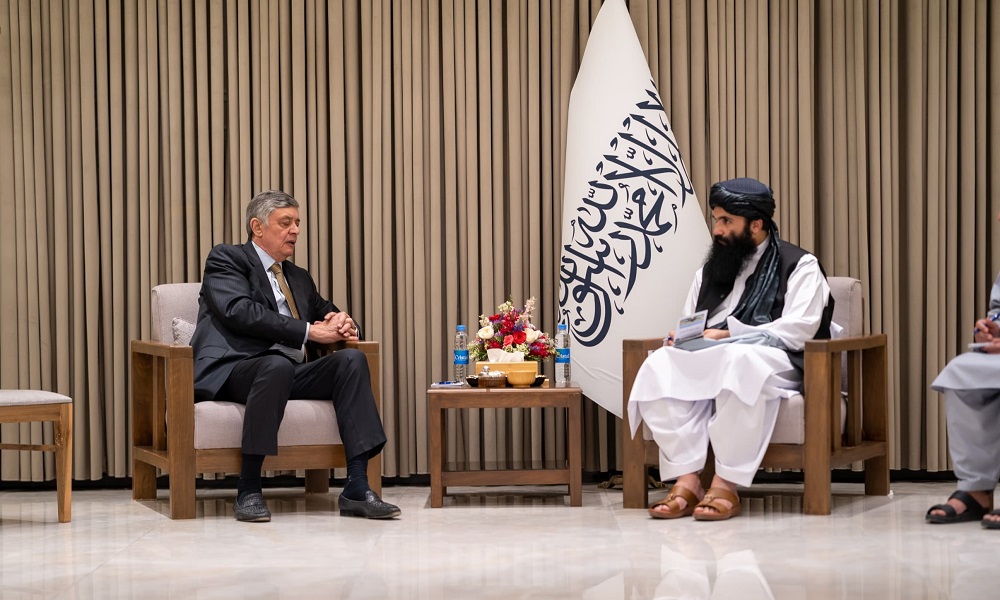
Acting Minister of Interior Sirajuddin Haqqani on Wednesday met with Zamir Kabulov, Russia’s special envoy for Afghanistan, and Dmitry Zhirnov, Russia’s ambassador to Kabul.
Haqqani expressed appreciation for Moscow’s recent decision to remove the Islamic Emirate from its list of terrorist organizations. He described the move as “a significant step toward recognizing the political realities of Afghanistan.”
In a statement, the interior ministry said that both sides emphasized the importance of upgrading diplomatic relations to the level of embassies and reaffirmed their commitment to mutual cooperation in the fields of security and trade.
During the meeting, the two parties also discussed regional and bilateral cooperation in the areas of security, economy, and commerce, and stressed the need to strengthen ties between the two countries.
Latest News
Special meeting will be held to launch Afghanistan–Russia joint commission, says Kabulov
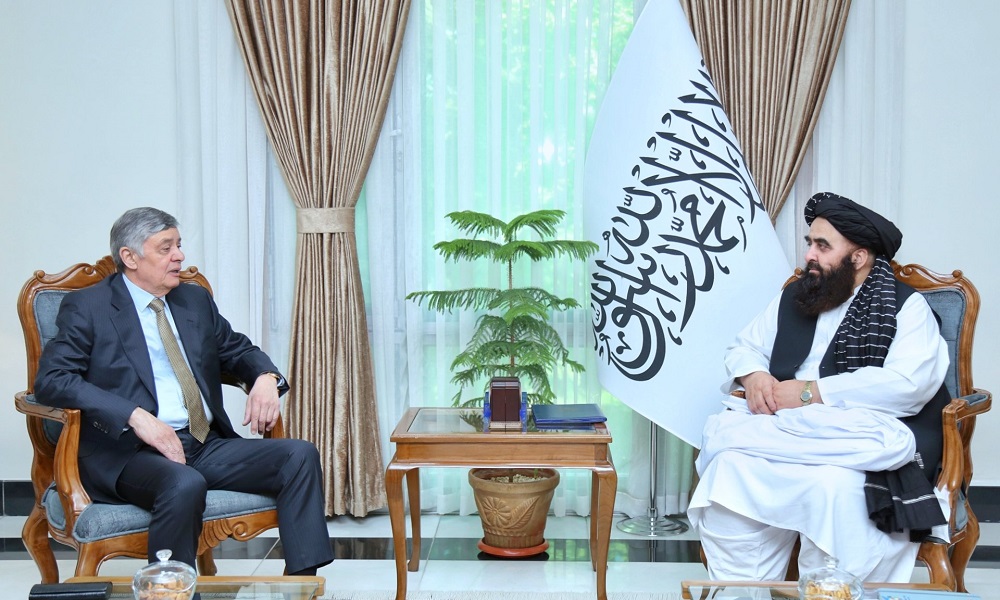
Zamir Kabulov, Russia’s special envoy for Afghanistan, on Wednesday met with Afghanistan’s Acting Minister of Foreign Affairs Amir Khan Muttaqi in Kabul and said a special meeting will be held on the sidelines of the Kazan Forum to officially launch the permanent joint commission between Russia and Afghanistan.
According to a statement issued by the Afghan foreign ministry, Kabulov said that expanding relations with Afghanistan is important to Russia, and for that purpose, Moscow has taken steps to remove obstacles in the path of developing bilateral ties.
This comes after Moscow last week removed the Islamic Emirate from their list of militant organizations.
During the meeting, Muttaqi expressed appreciation for Russia’s recent move to remove the IEA from its list of banned organizations and stated that the Islamic Emirate will soon appoint a diplomat at the ambassadorial level to serve in Moscow.
The two sides also discussed enhancing bilateral relations between Afghanistan and Russia, expanding economic and trade cooperation, and addressing certain regional issues.
The 16th International Economic Forum “Russia – Islamic World: Kazan Forum” will be held from May 13 to 18 in the city of Kazan, Russia. Afghan products and goods will be showcased at the event.
Latest News
Balochistan business chamber asks Islamabad to issue work permits to Afghan refugees
This comes amid Pakistan’s ongoing campaign to expel hundreds of thousands of Afghan refugees living in the country.
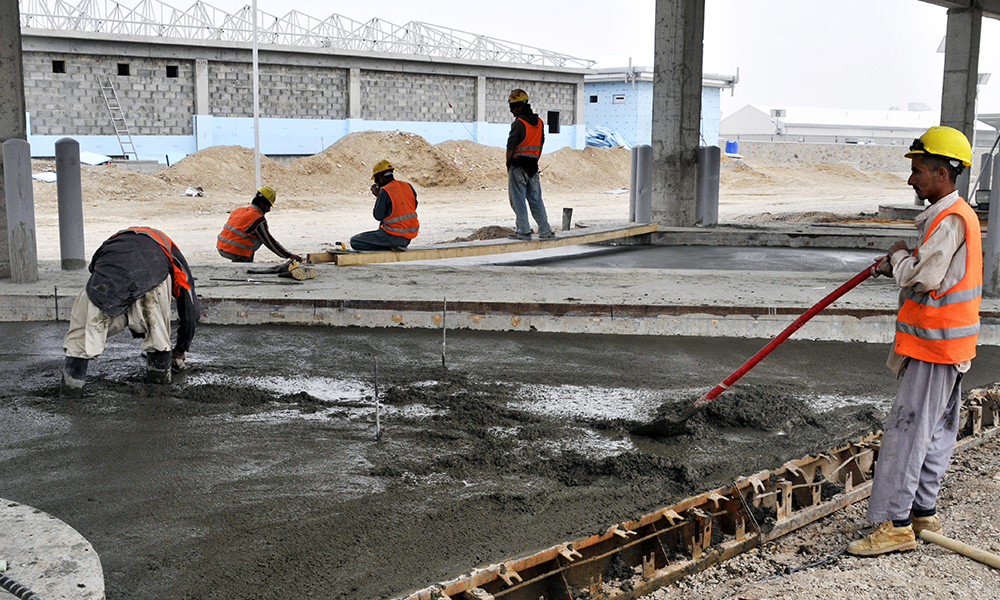
The Balochistan Chamber of Commerce and Industry in Quetta, Pakistan, has appealed to the federal government to issue work permits to skilled Afghan refugees who work in various sectors including mining and agriculture.
Haji Akhtar Kakar, the vice president of the chamber of commerce and industry, made the request while pointing out that the existing shortage of skilled labour could worsen further if the issue was not addressed promptly, Dawn news reported.
This comes amid Pakistan’s ongoing campaign to expel hundreds of thousands of Afghan refugees living in the country.
Akhtar said however that due to Balochistan’s deteriorating security situation, mine owners, farmers and industrialists have had to rely on Afghans for skilled labor as Pakistani workers from other provinces were reluctant to move to Balochistan.
According to him, the decision to expel Afghan refugees had severely impacted the agriculture, mining, and industrial sectors in Balochistan, as a significant portion of the workforce came from Afghanistan.
-

 Sport5 days ago
Sport5 days agoAfghanistan qualify for U19 Cricket World Cup 2026
-

 Regional5 days ago
Regional5 days agoDeadliest US strike in Yemen kills 74 at oil terminal, Houthis say
-

 World4 days ago
World4 days agoThousands of protesters rally against Trump across US
-

 World5 days ago
World5 days agoIran, US end nuclear talks in Rome, agree to meet next week
-

 Latest News4 days ago
Latest News4 days agoPolio vaccination campaign launched in Afghanistan
-

 International Sports4 days ago
International Sports4 days agoIPL 2025: 14-year-old Vaibhav Suryavanshi becomes youngest IPL player
-

 International Sports2 days ago
International Sports2 days agoIPL 2025: Robo-Dog ‘Champak’ explained
-

 Latest News3 days ago
Latest News3 days agoChina invites various Afghan delegations to attend Shanghai forums










